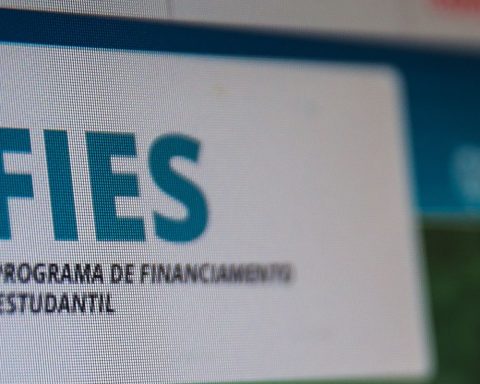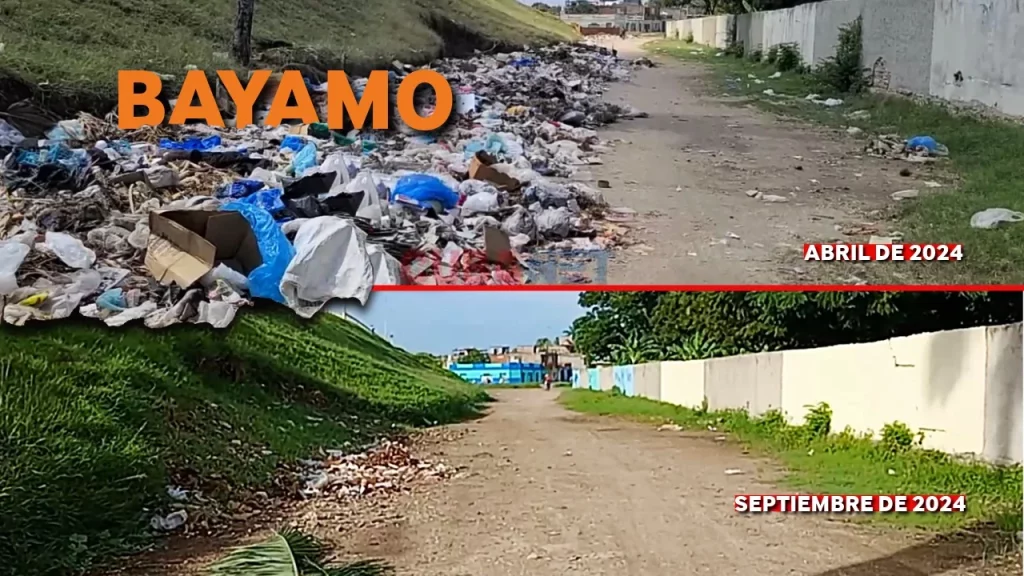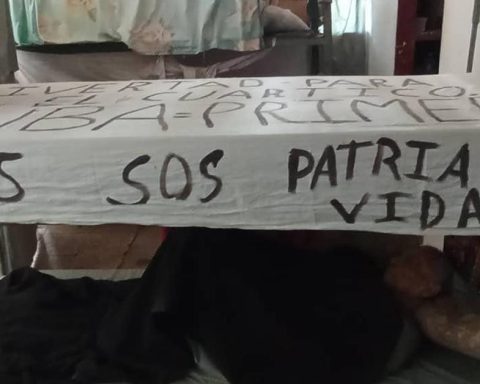Finance Minister Fernando Haddad celebrated this Thursday (12) the approval this Wednesday (11), in the Chamber of Deputies, of the proposal for gradual re-taxation of the payroll of 17 sectors of the economy and social security expenses of municipalities with up to 156 thousand inhabitants. These sectors and municipalities benefit from tax reductions that, in the government’s view, have unbalanced public accounts.
“The consensus yesterday [quarta-feira] It was very difficult. More than 10 years trying to review this and no one could. Now the time has come involving the Supreme Court, the Senate and the Chamber. The time has come to put order in this program, which cost more than R$200 billion,” said Haddad on the program Good morning, Minister.from the Brazilian Communications Company (EBC).
Minister Haddad defended the need to balance public accounts, which have been in the red since 2015. According to him, it is not possible to continue benefiting companies with lobbying power in the National Congress, while demanding spending cuts from the poorest population.
“You let a big company go 10 years without paying taxes. And then you want to make fiscal adjustments based on the minimum wage and the Bolsa Família program? Someone has to pay the bill, right? I know there are a lot of lobbies out there. There are no poor people’s lobbies in Brasília. You don’t see poor people protesting for benefits. What you have is corporate lobbying, right?” he added.
Business groups have been putting pressure on the National Congress to maintain the tax exemption for the 17 sectors of the economy, arguing that the measure would maintain jobs in these activities. However, the government claims that the tax exemption had no effect on maintaining employment and that it was putting the balance of Social Security at risk.
“We are having the necessary energy and the understanding from Congress that this phase is over, this phase of ‘bomb agenda’ has to end in search of more transparency, of offering support to those who need it. And there are companies that need support. Emerging industries, strategic areas, areas that are sensitive”, explained Fernando Haddad.
Understand
In 2023, the Legislature extended the exemption until 2027. government vetoed the proposalbut the National Congress overturned the veto. Then the government filed a lawsuit with the Supreme Federal Court (STF)which understood that the approved project failed to indicate where the money would come from to replace losses to the public coffers and, therefore, gave a deadline until this Wednesday for the sources to be indicated to fund this tax relief.
In response, Congress approved a gradual tax increase until 2027, increasing rates by 5% per year and indicating forms of compensation so that the benefit does not affect public accounts.

















